Reflecting on ugly humans wearing silk, wool etc.
~ How proud we are, how fond to shew our clothes, and call them rich and new, when the poor sheep and silkworms wore that very clothing long before!
The tulip and the butterfly appear in gayer coats than I: Let me be dressed fine as I will, flies, worms, and flowers exceed me still. ~
Isaac Watts circa 1700
A little reminder to children in the 1840s to be kind to animals.
This ‘Reward of Merit‘ was awarded to Maria Southworth by her instructoress, S. D. Crossman. It dates from around 1840 or 1850. The reward was printed by George Pond Daniels, Providence, Rhode Island.
Rewards of Merit have been part of the American educational system for more than 300 years. Typically paper and either printed or in handwritten form, teachers bestowed Rewards on their deserving students to recognize their classroom achievements and to acknowledge exemplary attendance.
It features a woodcut illustration of a cruel boy beating a helpless dog which has slipped or collapsed whilst pulling his dog-cart. Printed on laid paper, the reward measures 3 x 5″.
———
The Verse
On the reverse is part of a hymn / poem which reminds folk that humans do not look at all attractive when they are dressed in garments made from abused or murdered animals.
How proud we are, how fond to shew our clothes, and call them rich and new, when the poor sheep and silkworms wore that very clothing long before!
The tulip and the butterfly appear in gayer coats than I: Let me be dressed fine as I will, flies, worms, and flowers exceed me still.
———
Below is the entire poem / hymn – only an excerpt appears on this Reward.
Against Pride In Clothes
By
Isaac Watts (1674 -1748)
Why should our garments, made to hide
Our parents’ shame, provoke our pride?
The art of dress did ne’er begin
Till Eve our mother learnt to sin.
When first she put the covering on,
Her robe of innocence was gone;
And yet her children vainly boast
In the sad marks of glory lost.
How proud we are, how fond to shew
Our clothes, and call them rich and new,
When the poor sheep and silkworms wore
That very clothing long before!
The tulip and the butterfly
Appear in gayer coats than I:
Let me be dressed fine as I will,
Flies, worms, and flowers exceed me still.
Then will I set my heart to find
Inward adornings of the mind:
Knowledge and virtue, truth and grace,
These are the robes of richest dress.
No more shall worms with me compare,
This is the raiment angels wear:
The Son of God, when here below,
Put on this blest apparel too.
It never fades, it ne’er grows old,
Nor fears the rain, nor moth, nor mould:
It takes no spot, but still refines;
The more `tis worn, the more it shines.
In this on earth would I appear,
Then go to heaven, and wear it there:
God will approve it in his sight;
‘Tis his own work, and his delight.
———
Dog-carts
Dog-drawn carts were prohibited in Britain in the early 1900s on animal welfare grounds. – Wiki
The Metropolitan Police Act of 1839 ordered that they were not to be used within fifteen miles of Charing Cross. The legislation stated:
“XXXIV. [Prohibition of Dog Carts.] And be it further enacted, That after the First Day of January next every Person who within the City of London and the Liberties thereof shall use any Dog for the Purpose of drawing or helping to draw any Cart, Carriage, Truck, or Barrow, shall be liable to a Penalty not more than Forty Shillings for the First Offence, and not more than Five Pounds for the Second or any following Offence.”
It was considered that the carts were cruel to dogs as they were liable to be overloaded; some owners unable to maintain a pony within London seemed to expect a dog to pull similar loads. The prohibition was also a measure thought to limit rabies as over-worked dogs were believed to be especially prone to contracting the disease. According to the medical journal ‘The Lancet’ in 1841, there had been a decline in the number of cases of rabies in London since the act was passed: “Whether the police or the Dog-Cart Act have had anything to do with the decline of hydrophobia, we cannot say”.
Having banned dog-carts within London, a more general bill was introduced into Parliament in 1841, to ban the use of dog-carts throughout the kingdom. The banning of dog-carts was part of a succession of Acts of Parliament intended to limit cruelty to animals, starting with the Cruelty to Animals Act 1822 (banning cruel treatment of horses and cattle) and the Cruelty to Animals Act 1835 (banning all animal-baiting and animal-fighting bloodsports). Parliamentary debates are recorded in Hansard and the speeches show that humanitarian considerations were foremost in the minds of those who proposed the motion, although dog-carts may also have caused a nuisance to horse-drawn traffic. – Source
———
The Ernest Bell Library is in touch with more than 300 specialist dealers around the world.
……so we have at least 300 pairs of eyes continuously looking for examples of quirky ephemeral material such as these!
Books & metal items often survive fairly well.
Magazines, posters, booklets & leaflets rarely survive.
———
The Ernest Bell Library is actively building a collection of examples of marketing activities related to: –
-
veg(etari)an products.
-
veg(etari)an books & other publications.
-
veg(etari)an organisations.
-
veg(etari)an businesses.
-
animal rights organisations.
-
animal rights publications.
-
humanitarian organisations.
-
humanitarian publications.
-
rambling clubs run by members of the above groups & related publications.
Our collection of veg(etari)an & animal rights related magazines is being referenced by scholars almost every day – starting with Sylvester Graham’s Journal of Health and Longevity – Vol 1 No. 1 – 1837.
We also have a fine & growing collection of –
‘art created by humans – primarily for the benefit of animals’
– both original artwork & printed / manufactured items.
If anyone would like to help by either Adopting or Sponsoring items in the library, please be in touch.
We are working seriously on cataloging the collection, as & when funds are available.
———
If anyone would like a high res. scan of this item – just send an email to: –
humanitarianleague (at) outlook (dot) com
– or message me through HappyCow –
https://www.happycow.net/blog/author/JohnnySensible/

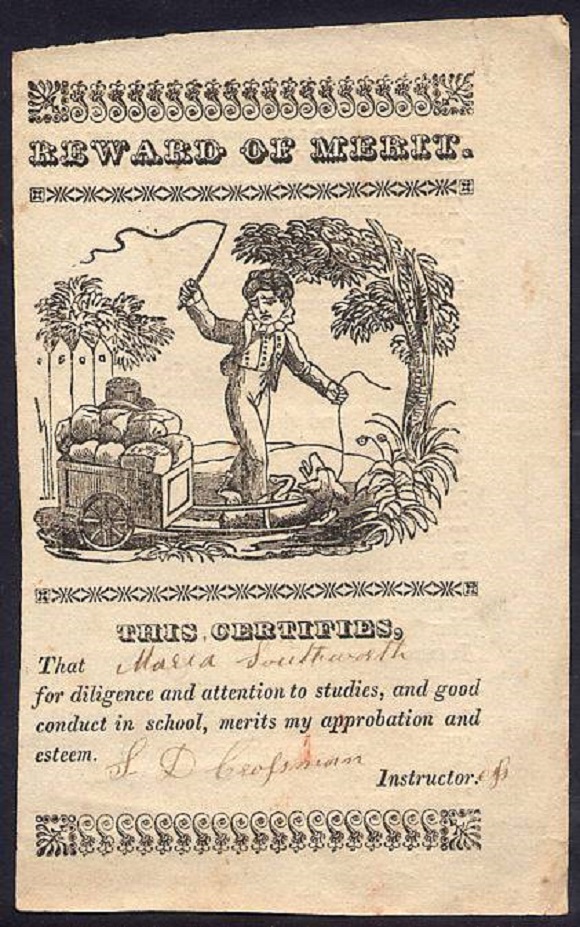
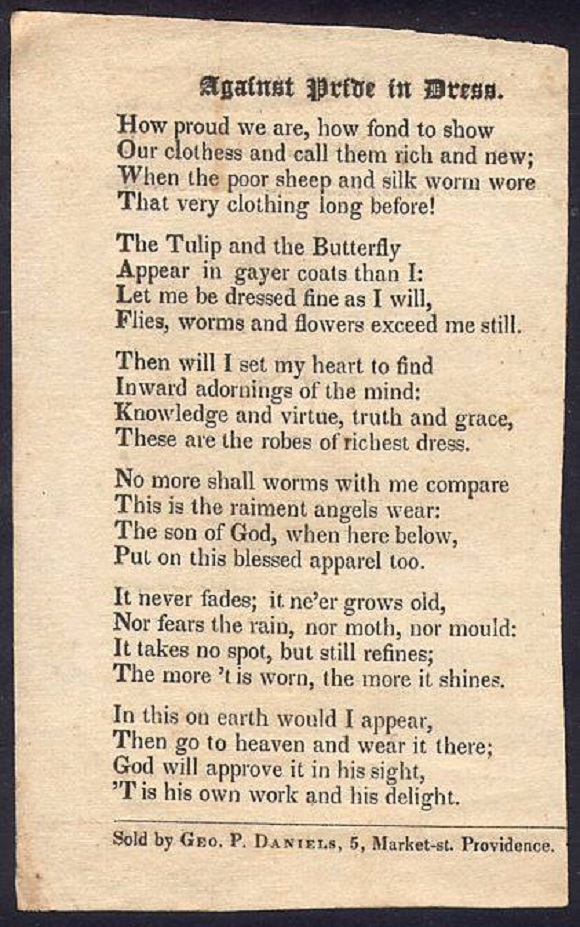

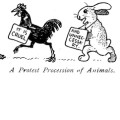
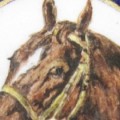
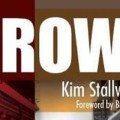
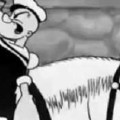
No Comments